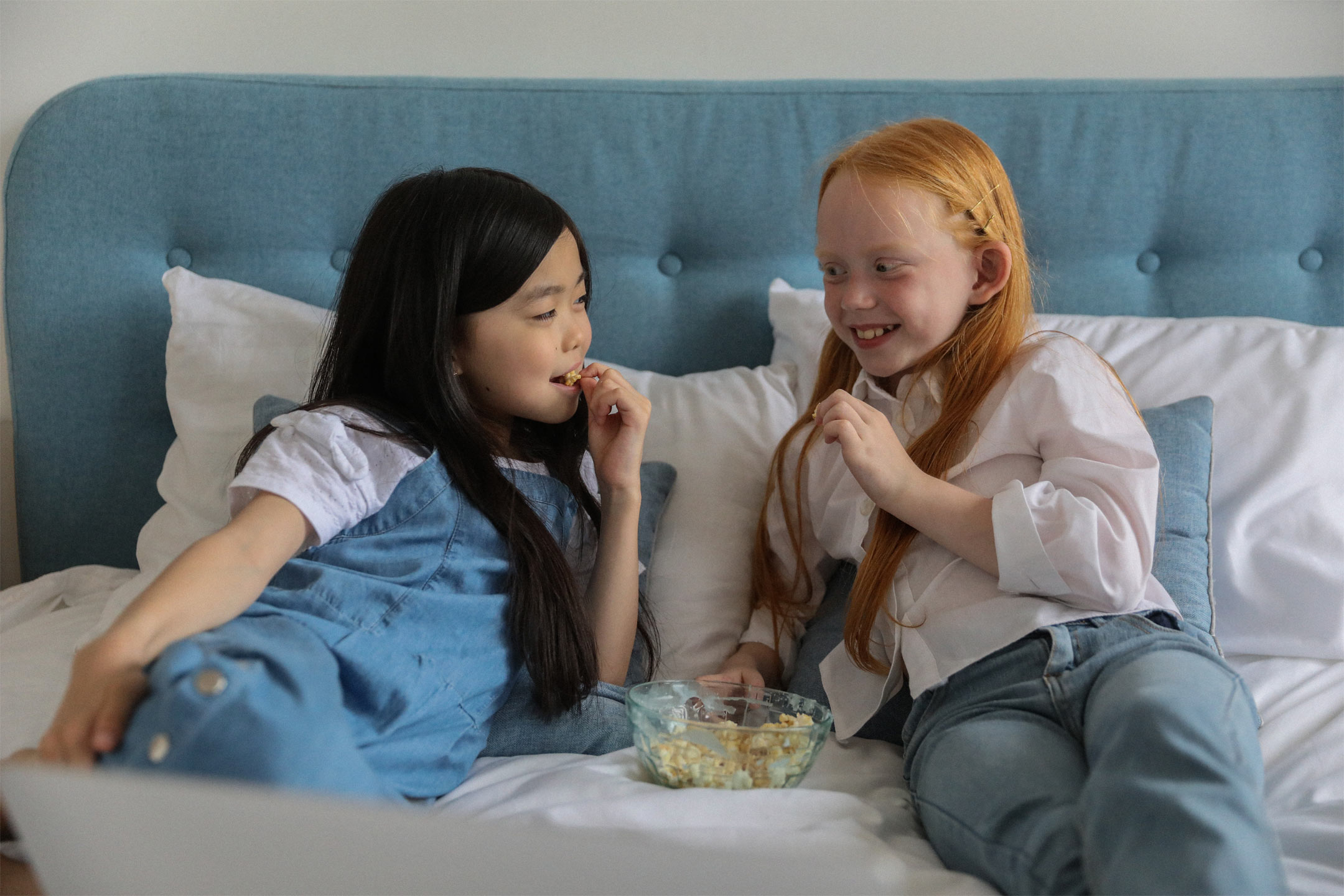
23 Jun Tween Here And There: Travelling with Tweens
If you can cope with moving outside the comfort zone, so can your tweens, writes Klay Lamprell
If you’ve only just recovered from a long plane trip with a screaming baby or manic toddler, made all the worse by the glint of the unforgiving glare bouncing off the other passengers, you might not appreciate the suggestion that travelling overseas with children can actually be fun. The trick is in the timing – wait until they’re tweens.
Travel research suggests that the ages from seven up are perfect for long hauls to new horizons. As well as being physically independent, tween-age children take pleasure in emotional and intellectual independence from their parents and are developmentally able to embrace the nuances of another culture without feeling destabilised.

The majority of Australian families travelling overseas head for environments that are not distractingly different from their own – tropical beach resorts, theme parks and ski fields where English is spoken, the food is recognisable and service needs can be easily met. If you can cope with moving outside this comfort zone, so can your tweens. They are happy to have their priorities and perceptions challenged in countries where English is not the dominant language and where choosing from a menu is a game of chance. By the time they are into full-throttle adolescence and entrenched in a peer-approved existence, it might not be so easy to convince them to delve into new worlds.
Nor might it be as easy to take them out of school. If the effort and expense of overseas travel means taking more time than school holidays allow, missing school at the primary level is not as problematic as it is in high school. Should a consultation with your child’s teacher determine that catch-up work is needed, the endless waiting at airline terminals and the time spent on the plane provide perfect opportunities to do so.
There are also obvious educational advantages to taking your tweens out of the classroom in order to visit major historical, geographical, artistic and literary monuments and landmarks. Like any field trip or excursion, these kinds of experiences bring learning to life, invigorating curiosity and stimulating a thirst for knowledge that might heighten their efforts in high school.
Additionally, if your child is learning a second language, the opportunity to test their skills will reinforce both their ability and their commitment. Children who have chosen not to learn another language, or whose interest is waning, will be surprised to see how limited we are in only speaking one language. As Judith Weeldon, writing in The Australian earlier this year says, “World travellers soon become aware of others speaking our language… our surprise at the accuracy and clarity with which most people speak English is only magnified when it is discovered that English is merely one of four or five foreign languages these people speak fluently. Anglo-Australians, and English speakers generally, should blush at their inability to speak even a second language.”
So, you’re convinced of the benefits of overseas travel and that tween time is the right time to go.
Now come the rules of engagement.
- plan as much as you can, and involve your tween in the planning as much as possible. Do extensive research about where to stay and what to visit when you are travelling with primary-school-aged children, and then present your tweens with the proposed itinerary. They might not show a lot of interest in the finer details, but at the very least, have them help to choose the major sights within cities, particularly when it comes to the abundant churches and works of art.
- build in some downtime. Setting aside the possibility of jetlag, being in a new and strange environment can take its toll on sleeping habits and general health, and rushing from sight to sight to fit it all in will fray nerves. Tweens will probably want some time in internet cafés to keep in touch with their friends and they may want to absorb the local culture of their age group by watching television or listening to music, or spending time in a park or café where other tweens ‘hang out’.
- involve your tweens in the budgeting for the trip, and have two budgets: a personal budget for their spending, using money they’ve saved, and a daily budget for the family, which everyone keeps account of, and which incorporates accommodation, transport, sightseeing expenses and food. Giving your tweens joint responsibility for the spending habits of the family will help them understand why they are staying in an apartment rather than a hotel, why they have to catch the crowded bus instead of taking a taxi and why they are having a picnic rather than eating in a restaurant.
Lastly, and mostly, keep the idea that there are educational benefits in travelling to yourself… Telling your tweens what an educational experience this is for them, or that it will shift their priorities to see how other children live, or that it is good for them to take part in family decisions about spending will squish all the joy out of it.
As you fly across the world with your tweens, just remember to smile kindly at the parents of irritable infants and frenzied four year olds.

